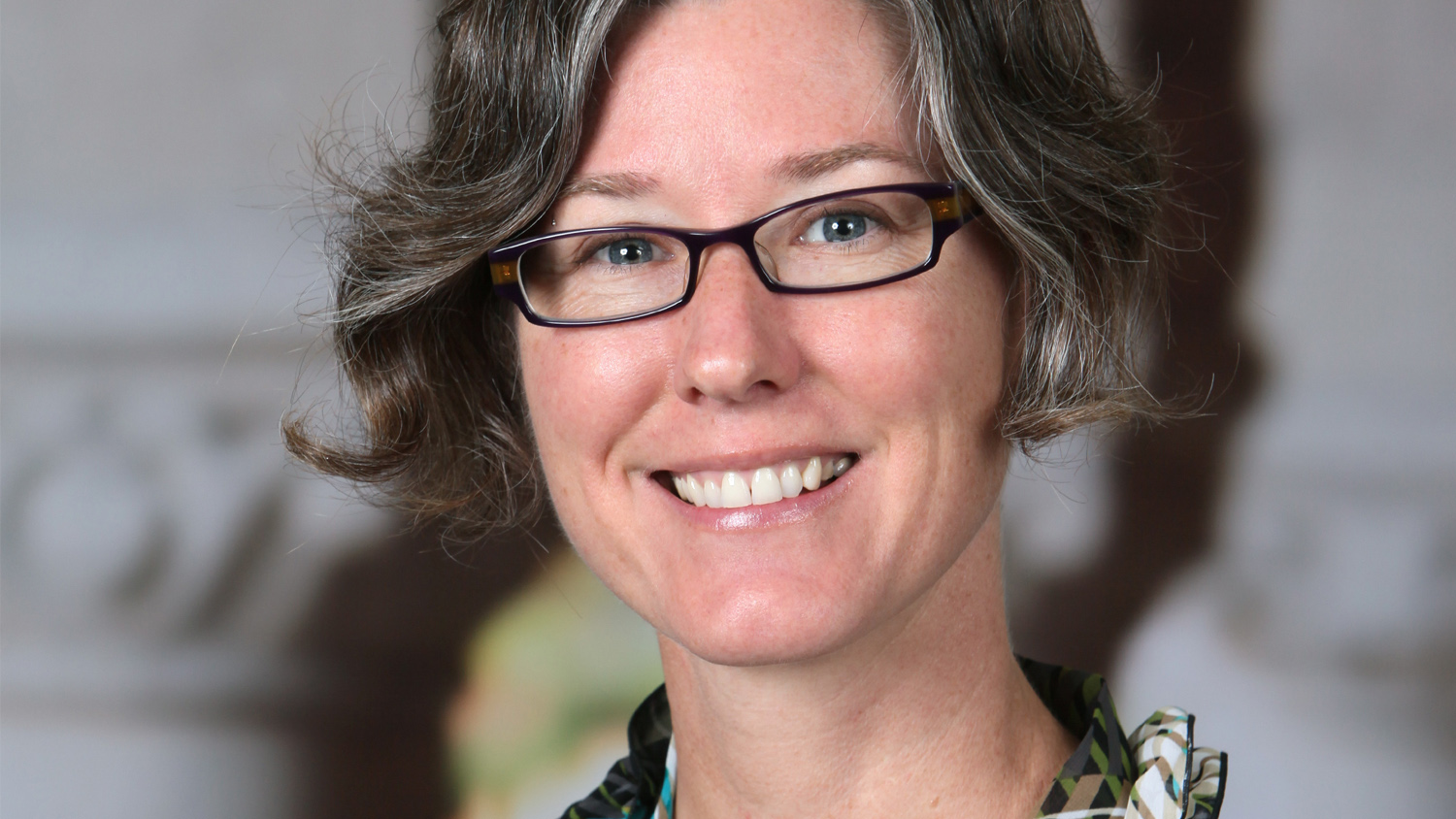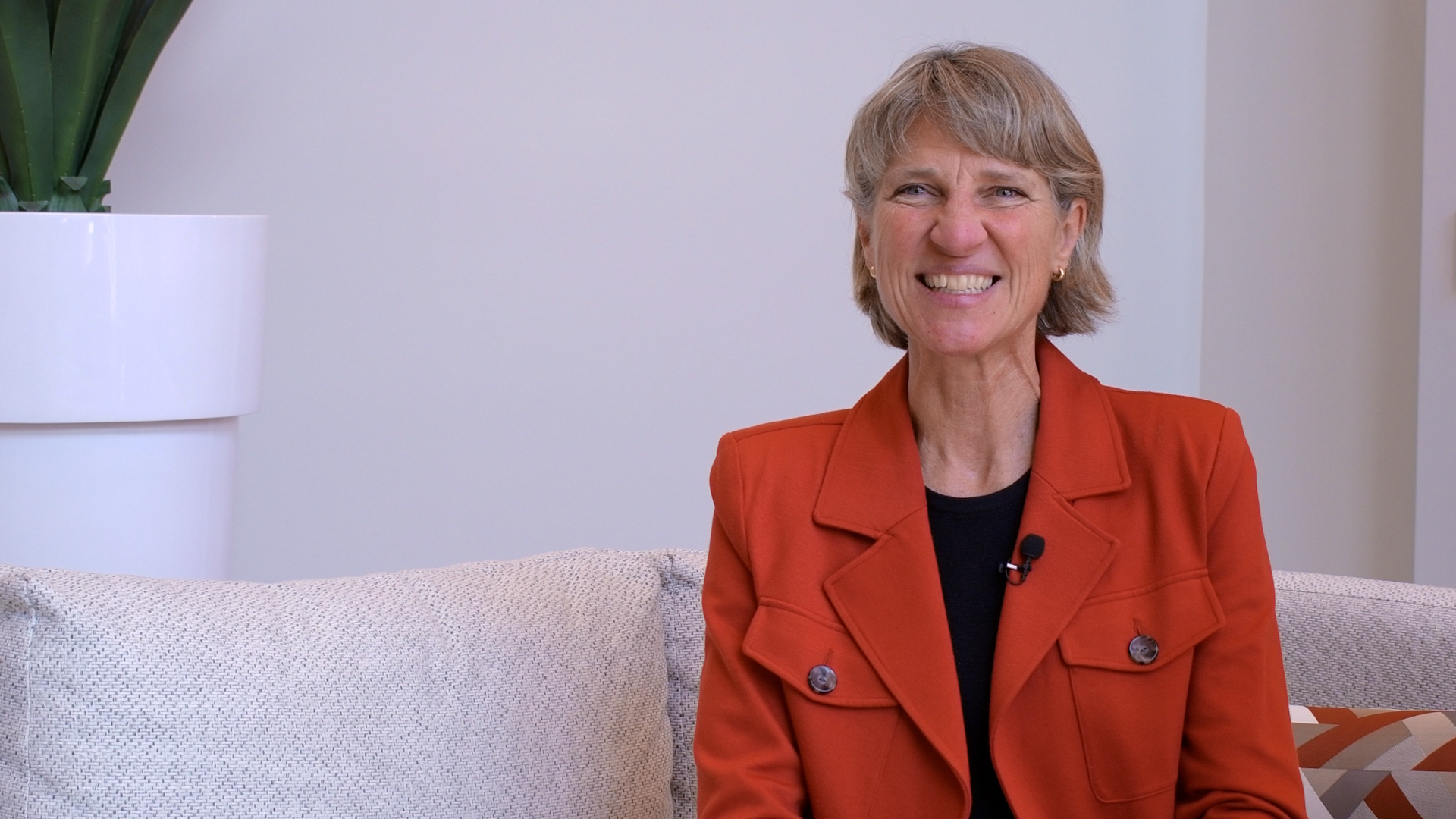Assistant Professor K.C. Busch Working to Advance Climate Change Education Research Through $50K Spencer Foundation Grant

NC State College of Education Assistant Professor K.C. Busch, Ph.D., is hoping to advance climate change education research through an interdisciplinary conference funded by a grant from the Spencer Foundation.
“The Role of Education in Climate Change Adaptation” conference will be held later this year in collaboration with The Paleontological Research Institution through a one-year, $50,000 grant.
Busch said that climate change education is complex, as it encompasses scientific elements that live within science curricula as well as social and political elements that are taught in social studies classes.
Additionally, although climate change is taught in public schools in the approximately 20 states that have adopted the Next Generation Science Standards, teachers utilizing older standards can use their discretion to decide whether or not to teach the subject at all.
The goal of Busch’s project is to develop scholarly capacity as well as coordination and lines of inquiry to advance climate change education research in ways that could ultimately better prepare K-12 educators to teach about climate change.
“We see education as one part of the solution to addressing climate change, but as of yet it’s not a very coordinated effort. We think that this could help,” Busch said.
The conference will consist of about 25 junior and senior scholars from a variety of educational research fields, as well as scholars from relevant disciplines including anthropology, psychology, communications, climate science and sociology.
The team will consider various theoretical, conceptual and methodological approaches, as well as social and cultural aspects related to climate change while focusing on the interdisciplinary and intergenerational nature of the topic.
Busch said it was important that the discussion about climate change education research include both senior scholars and junior scholars like herself, because she has seen the generations approach the topic in different ways.
“In my view, the more experienced scholars have focused on knowledge, what people know and what they don’t know. A lot of the younger scholars, who have been trained in a different time, approach the topic from a more socio-cultural perspective, considering things like how social norms affect views about the topic,” Busch said.
In addition to bringing different perspectives, the inclusion of scholars from different generations will help create a continuum of researchers focused on climate change education, she said.
Following the conference, Busch said the project team plans to publish their work through scholarly journal articles or a book and disseminate resources for practitioners through channels like the Climate Literacy & Energy Awareness Network (CLEAN), which provides vetted teacher resources for climate education.
In addition, they are working with a representative from the National Oceanic and Atmospheric Administration (NOAA) to potentially share work from the conference at a future United Nations meeting.
“We’re looking at how we can disseminate what we’ve found out through this meeting with policymakers and with people who are actually taking the next steps,” Busch said.
- Categories:


